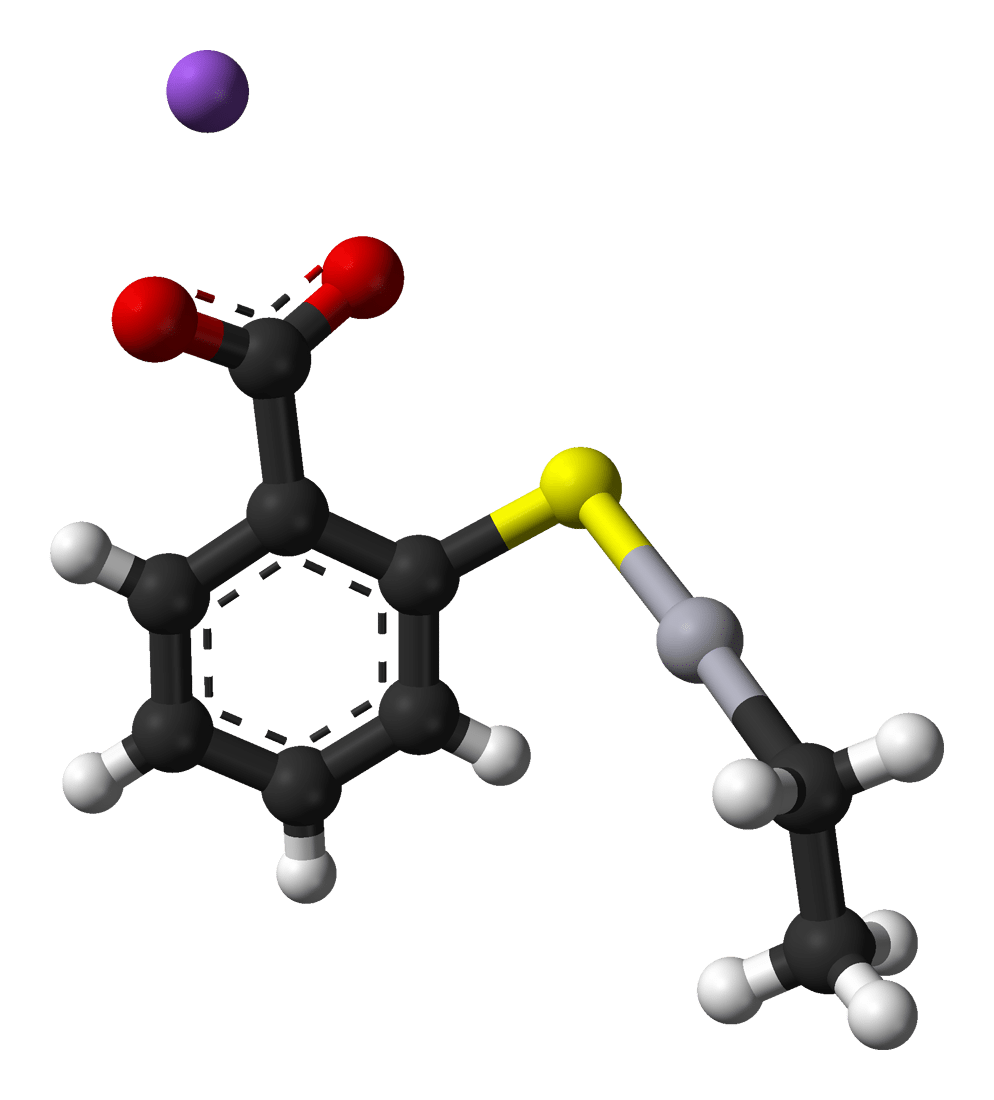Dr. Judah Folkman (1933-2008): The epitome of what a science-based physician should be
The name of this blog is Science-Based Medicine. The reason it is so called is because we, the bloggers who will be contributing, believe that “the best method for determining which interventions and health products are safe and effective is, without question, good science.” Sadly, one of the people who best represented this very sort of philosophy, Dr. Judah Folkman (1933-2008), has...
No-Touch Chiropractic
Some time ago, I learned that a Seattle chiropractor, Johanna Hoeller, had been featured on a local TV newsmagazine show. She was so proud of the segment that she had it posted on her web page for all to see. Unfortunately it is no longer there, so I’ll have to tell you what it showed. She demonstrated her techniques on-camera. She put...
Homeopathy and Evidence-Based Medicine: Back to the Future – Part II
Part I of this blog† summarized the origin of homeopathy, invented in 1790 by Samuel Christian Hahnemann. It discussed Hahnemann’s first two “homœopathic laws of nature,” similia similibus curantur (like cures like) and the “law of infinitesimals,” and showed that his rationales for each have long been refuted. Hahnemann proclaimed a third doctrine, the “law of psora” [“itch”], said by him to...
A Meeting of Incompatibles
On October 3,4, 2007, a conference at Harvard University School of medicine, the first annual “Fascia Research Conference“ was held, sponsored by a notable group of organizations. Organized by Thomas Findley, MD, Phd, Prof. of Physical Medicine and physiatrist at Veterans Administration Hospital East Orange, New Jersey. It was notable for several reasons, and is of interest to medical objectivists – also...
Can Magnets Heal?
Belief in the healing power of magnets and magnetic fields has existed since the discovery of magnets several thousand years ago. In the late 18th century, Franz Anton Mesmer, an infamous charlatan, promoted the notion that he could heal with “animal magnetism.” In the 19th century magnetic healers were common – D.D. Palmer was a magnetic healer prior to founding chiropractic. Magnetic...
Snake Oil Science
For my first blog entry, I wanted to write about something important, and I couldn’t think of anything more important than a recent book by R. Barker Bausell: Snake Oil Science: The Truth About Complementary and Alternative Medicine. If you want to understand how medical research works, if you want to know what can lead patients and scientists to false conclusions, if...

Mercury in vaccines as a cause of autism and autism spectrum disorders (ASDs): A failed hypothesis
Mercury. It sounds very, very scary, particularly when you learn it was in some vaccines in the form of thimerosal. Fortunately, science tells us that thimerosal does not cause autism or neurologic injury, contrary to what antivaccinationists tell us.
Who am I? Why am I here?
“Who am I? Why am I here?” Who could forget that memorable quote from Admiral James Stockdale, candidate for Vice President running with Ross Perot in 1992, during the first Vice Presidential debate? In a way, as the seemingly junior member of the crew of bloggers assembled here at Science-Based Medicine, I feel as though I should be asking that question, although...
Homeopathy and Evidence-Based Medicine: Back to the Future – Part I
Either homeopathy works or controlled trials don’t! —Scottish homeopath David Reilly at the 2001 Harvard Medical School Complementary and Integrative Medicine Conference. Reilly based that assertion on his own series of four small studies of homeopathic treatments of hay fever, asthma, and allergic rhinitis, the outcomes of which had been inconsistent and largely subjective. (1) Later he explained that small-minded skeptics in...






